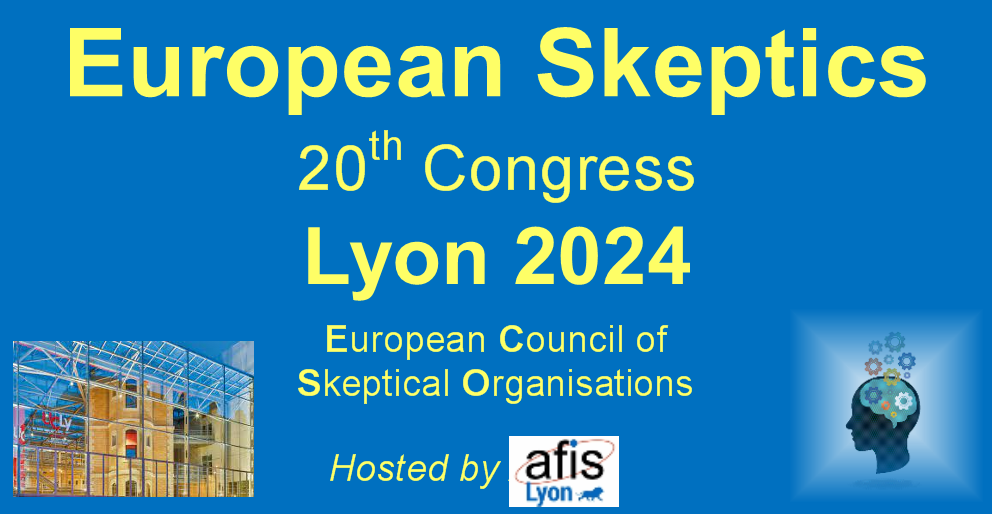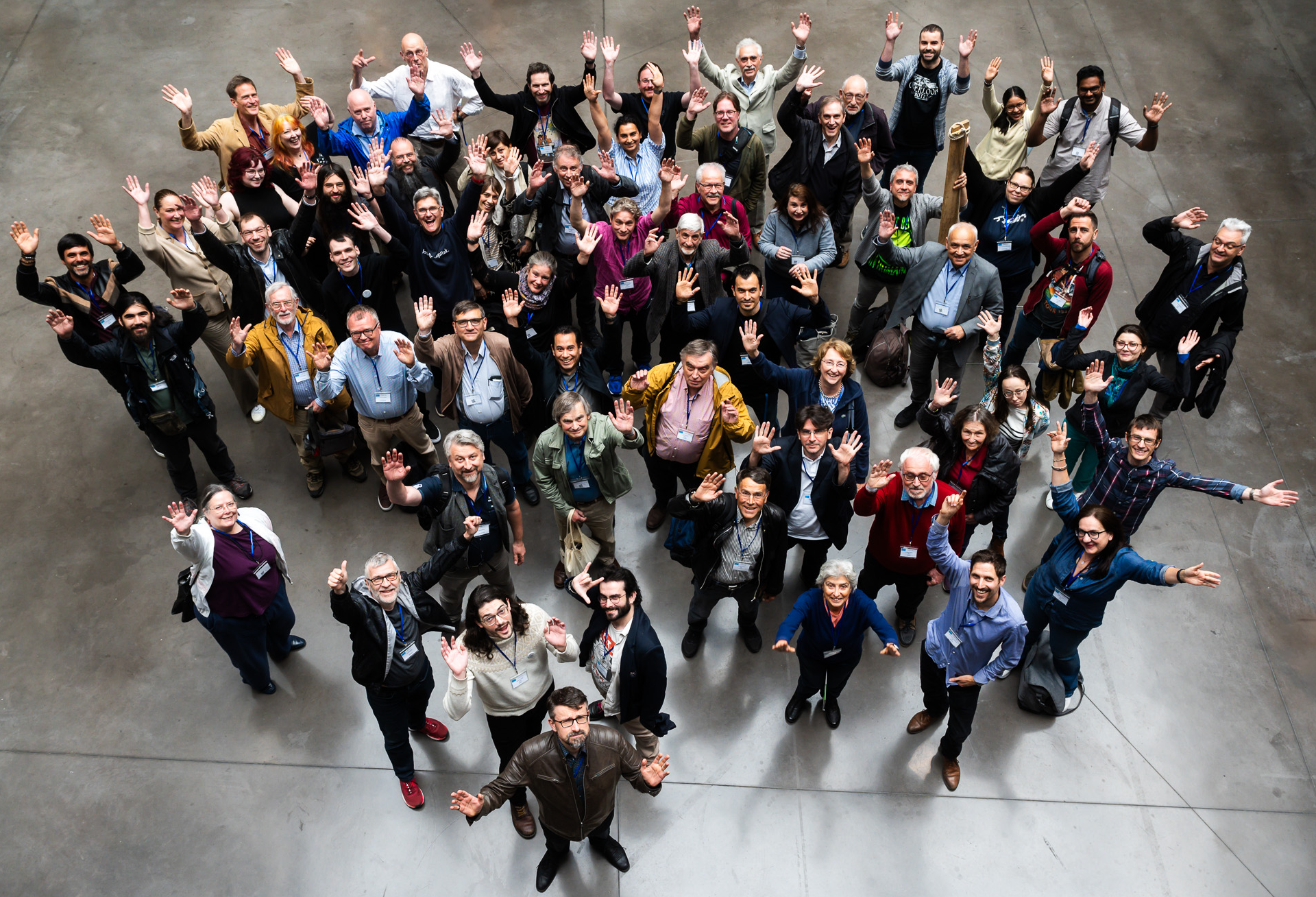The well-known paediatrician and media commentator Lucía Galán has been awarded by the members of the Skeptical Circle of Spain with the Pepe Cervera Award for the promotion of critical thinking in the media and digital media for her constant defence of scientific evidence-based medicine against the pseudo-therapies and anti-vaccine movement.
Lucía Galán is a champion of the effectiveness of vaccines and science. “I cannot remain silent when I hear in the media that vaccines produce autism or that homoeopathy cures. I cannot. And I speak, of course, I speak. And I will continue talking with the authority that my training and my profession gives me, “said the winner.
The recently deceased palaeontologist Pepe Cervera (1964-2018) was known for promoting science and knowledge through social media.
Lucia Galán, known as ‘Lucia, my paediatrician’ uses the social networking platforms as well as mainstream media to combat misinformation. In her blog, Instagram and Twitter, and in her interventions on radio and television, she firmly confronts pseudoscience.
The third edition of the José Carlos Pérez Cobo Prize for journalism and critical thinking has been awarded to journalist Marta Ley Barnuevo for her article “The most expensive placebo in the world,” published in the newspaper El Mundo, part of a special on pseudoscience coordinated by Virginia Hernández.
The award-winning article reviews the history of homoeopathy in Spain, from its introduction in the 19th century to the current situation. Focusing on the peculiar legal situation of this pseudoscience and doing an exhaustive study of how this pseudoscience considers the different colleges of Physicians, Pharmacists and the different Health Departments.
The jury was composed by the journalist Ángela Bernardo as the winner of the previous edition, the journalists Manuel Rey and Olga Pereda and the members of the Skeptic Circle Cesar García-Perez and Manuel F. Herrador.
The prizes will be awarded on December 19, 2018.
The event will also include the appointment of a new honorary member of the Skeptical Circle.
 News headlines from Europe about skeptical activism, mythbusting, science related policy decisions, consumer protection, frauds, health scams, alternative medicine, bad scientific practices, pseudoscience etc.
News headlines from Europe about skeptical activism, mythbusting, science related policy decisions, consumer protection, frauds, health scams, alternative medicine, bad scientific practices, pseudoscience etc.

